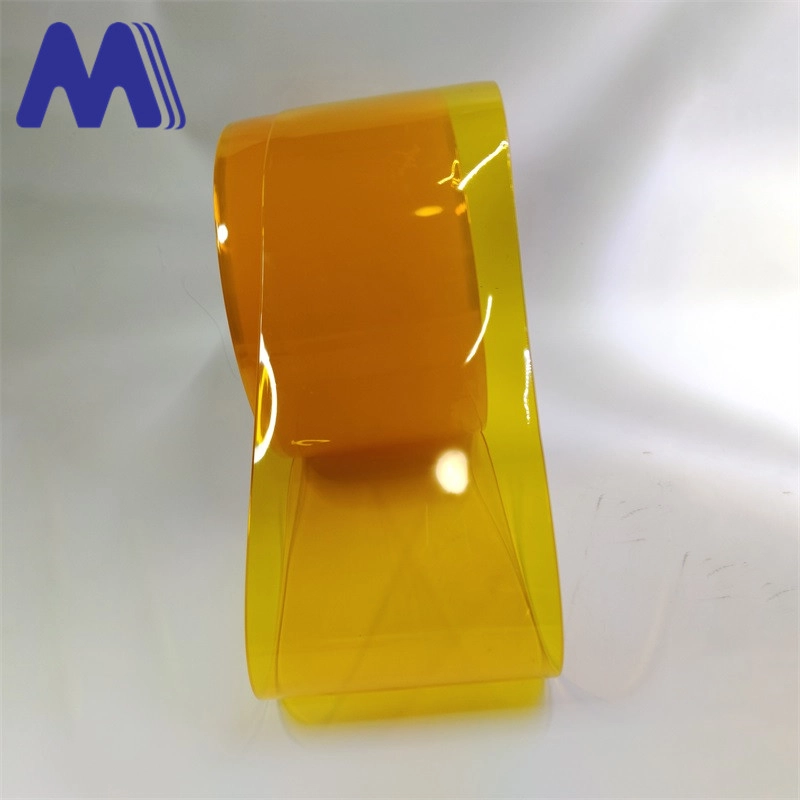- Afrikaans
- Albanian
- Amharic
- Arabic
- Armenian
- Azerbaijani
- Basque
- Belarusian
- Bengali
- Bosnian
- Bulgarian
- Catalan
- Cebuano
- Corsican
- Croatian
- Czech
- Danish
- Dutch
- English
- Esperanto
- Estonian
- Finnish
- French
- Frisian
- Galician
- Georgian
- German
- Greek
- Gujarati
- Haitian Creole
- hausa
- hawaiian
- Hebrew
- Hindi
- Miao
- Hungarian
- Icelandic
- igbo
- Indonesian
- irish
- Italian
- Japanese
- Javanese
- Kannada
- kazakh
- Khmer
- Rwandese
- Korean
- Kurdish
- Kyrgyz
- Lao
- Latin
- Latvian
- Lithuanian
- Luxembourgish
- Macedonian
- Malgashi
- Malay
- Malayalam
- Maltese
- Maori
- Marathi
- Mongolian
- Myanmar
- Nepali
- Norwegian
- Norwegian
- Occitan
- Pashto
- Persian
- Polish
- Portuguese
- Punjabi
- Romanian
- Russian
- Samoan
- Scottish Gaelic
- Serbian
- Sesotho
- Shona
- Sindhi
- Sinhala
- Slovak
- Slovenian
- Somali
- Spanish
- Sundanese
- Swahili
- Swedish
- Tagalog
- Tajik
- Tamil
- Tatar
- Telugu
- Thai
- Turkish
- Turkmen
- Ukrainian
- Urdu
- Uighur
- Uzbek
- Vietnamese
- Welsh
- Bantu
- Yiddish
- Yoruba
- Zulu
flexible plastic sheet
The Versatility of Flexible Plastic Sheets Applications and Benefits
Flexible plastic sheets have become an essential material in various industries, thanks to their versatility, durability, and cost-effectiveness. These sheets, made from different types of plastic such as polyvinyl chloride (PVC), polyethylene (PE), and polypropylene (PP), offer a multitude of applications across numerous fields. From packaging to construction, the benefits of flexible plastic sheets are vast and varied.
One of the primary advantages of flexible plastic sheets is their lightweight nature. Unlike traditional materials like wood, metal, or glass, plastic sheets are significantly lighter, making them easier to handle, transport, and install. This characteristic not only reduces transportation costs but also simplifies manufacturing processes in various industries.
In the realm of packaging, flexible plastic sheets play a pivotal role. They are commonly used to create bags, wraps, and containers that protect products from damage and contamination. Their impermeable nature keeps contents fresh and safe, making them ideal for food packaging. Additionally, the ability to print high-quality graphics on flexible plastic sheets enhances product visibility and branding, making them a favorite choice among retailers.
Flexible plastic sheets also find extensive use in the construction industry. They serve as moisture barriers, weatherproofing materials, and insulation in various building applications. For instance, polyethylene sheets are often used as vapor barriers in foundations to prevent moisture ingress, while PVC sheets are utilized for roofing membranes due to their resistance to weather elements. Their flexibility allows for easy adaptation to different shapes and surfaces, making them highly effective in numerous construction projects.
flexible plastic sheet

Moreover, flexible plastic sheets exhibit excellent chemical resistance, a quality that makes them suitable for use in laboratories and industrial settings. They can withstand exposure to various chemicals, therefore serving as protective linings or containment solutions for hazardous materials. This characteristic ensures safety and compliance with environmental regulations.
The medical field also benefits from flexible plastic sheets. They are used in the production of disposable medical supplies such as syringes, IV bags, and surgical drapes. The ability to produce these items in a sterile, cost-effective manner has been crucial in improving healthcare standards and patient safety.
In addition to their practical applications, flexible plastic sheets are becoming increasingly eco-friendly. Many manufacturers are now producing sheets from recycled materials or developing biodegradable options, aligning with global sustainability trends. This shift not only helps reduce plastic waste but also encourages responsible consumption.
In conclusion, flexible plastic sheets are an indispensable resource across multiple industries, owing to their adaptability, durability, and environmental potential. As technology advances, we can expect to see even more innovative uses for this versatile material, further solidifying its role in modern manufacturing and sustainability efforts. Whether in packaging, construction, or healthcare, flexible plastic sheets are here to stay, continually evolving to meet the needs of a changing world.
-
Industrial Strip Curtains - Durable PVC & Plastic Solutions for Industrial DoorsNewsJun.24,2025
-
PVC Curtain Strip – Durable Standard PVC Strips for DoorsNewsJun.10,2025
-
PVC Strip Curtain – Durable & Transparent Plastic Strips for Industrial Use Affordable PricesNewsJun.10,2025
-
Clear Plastic Door Curtains Durable & Insulating VisibilityNewsJun.09,2025
-
Commercial Strip Curtains Energy Savings & Durability for Industrial UseNewsJun.09,2025
-
Anti-Cold PVC Strip Curtains Thermal Insulation & Energy Saving SolutionsNewsJun.09,2025



